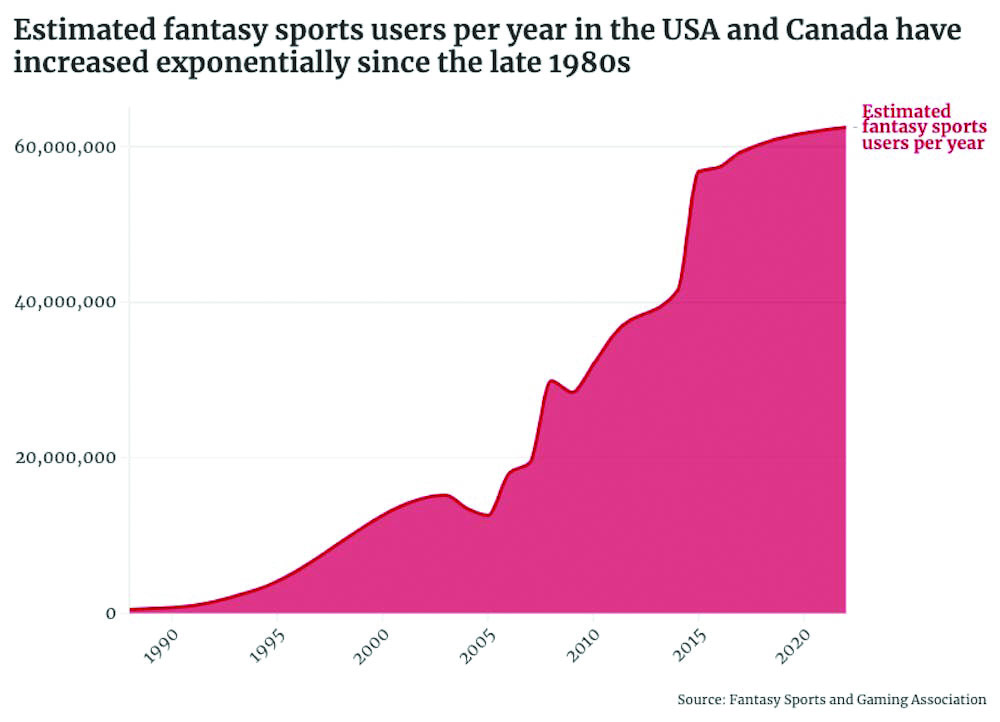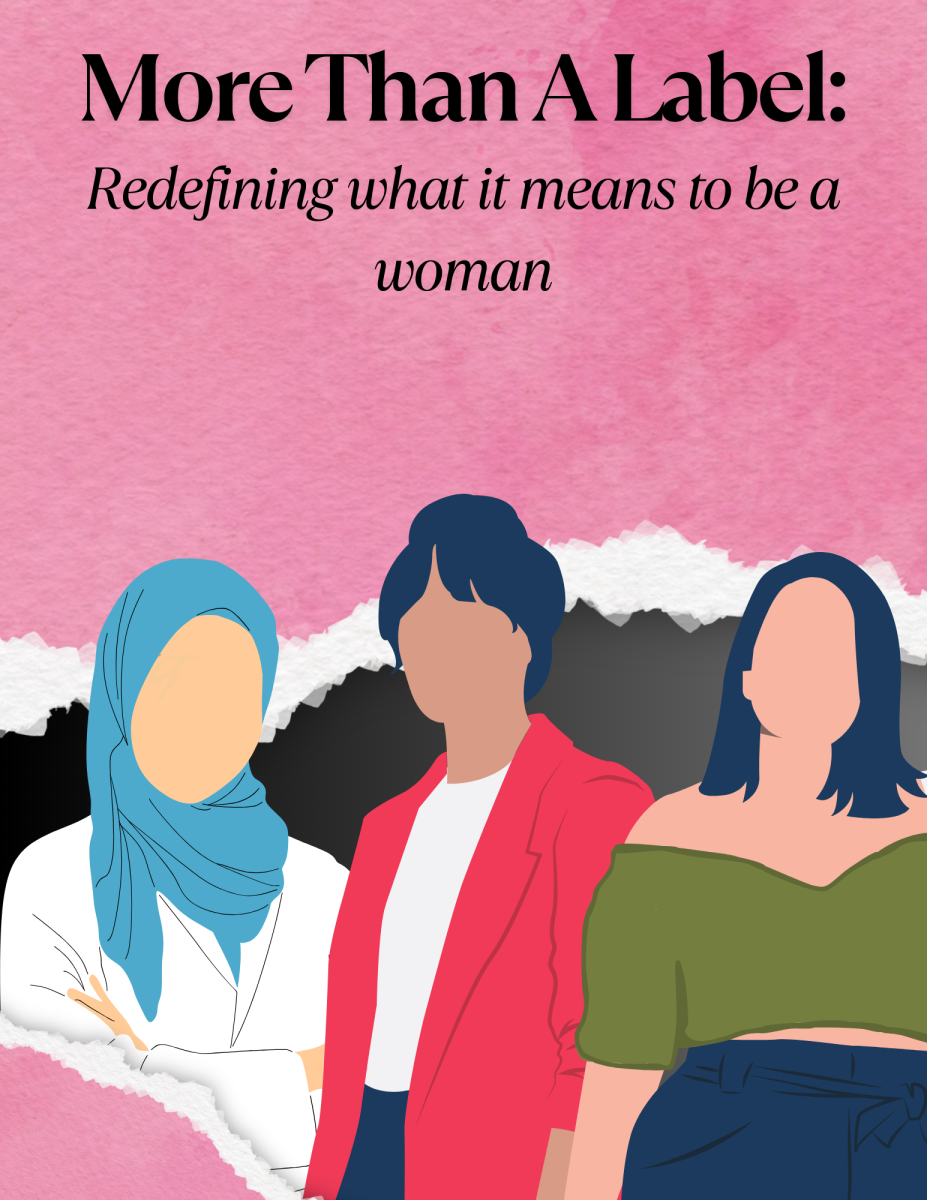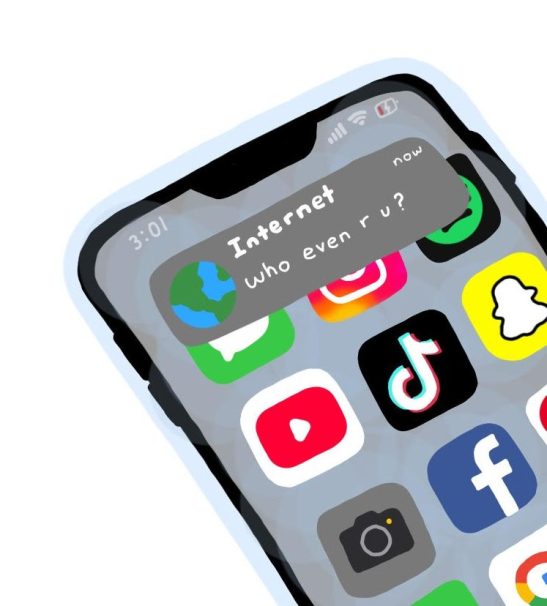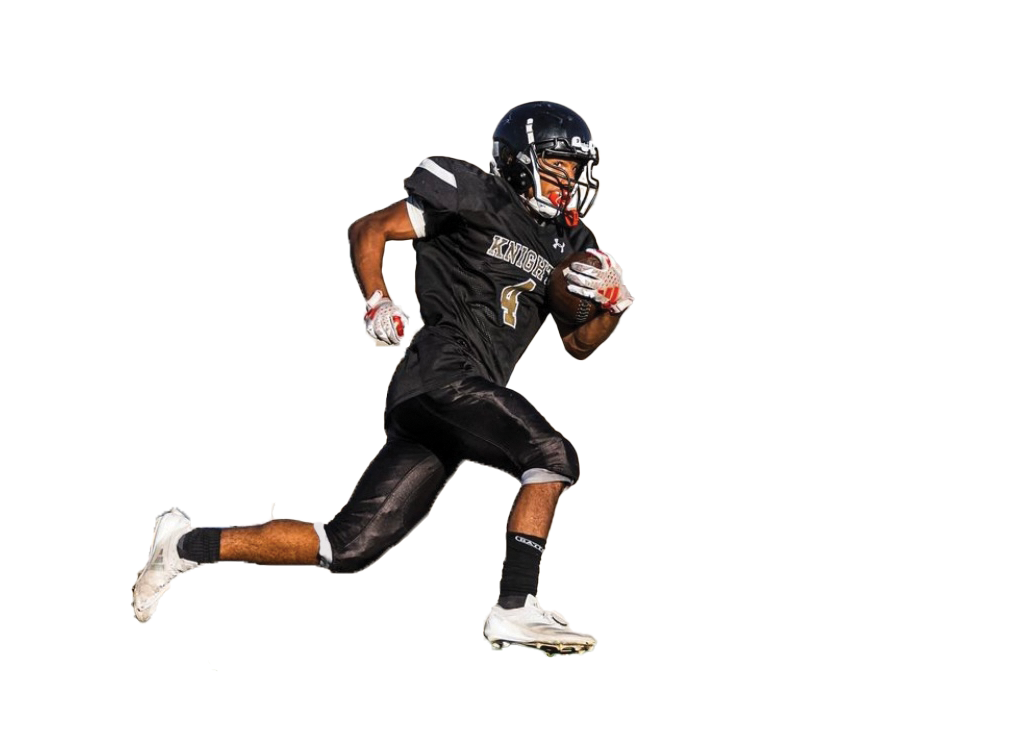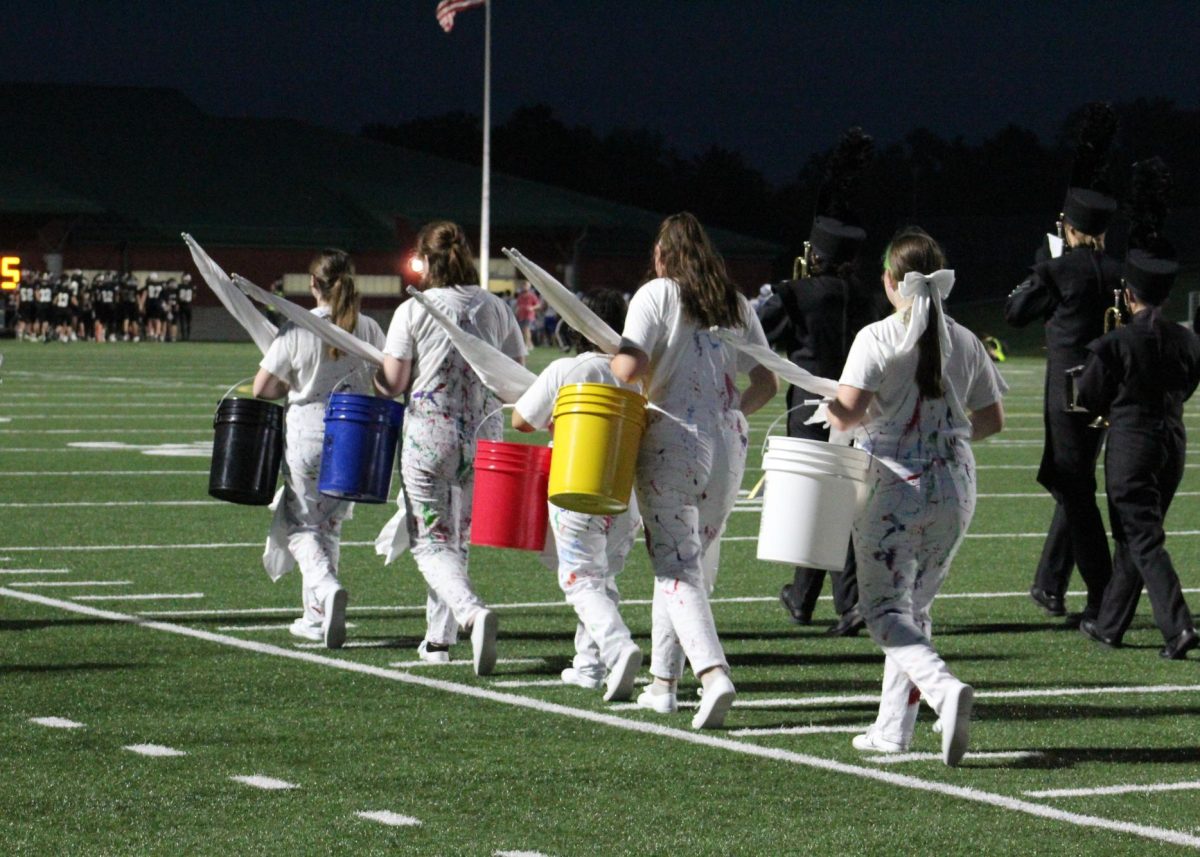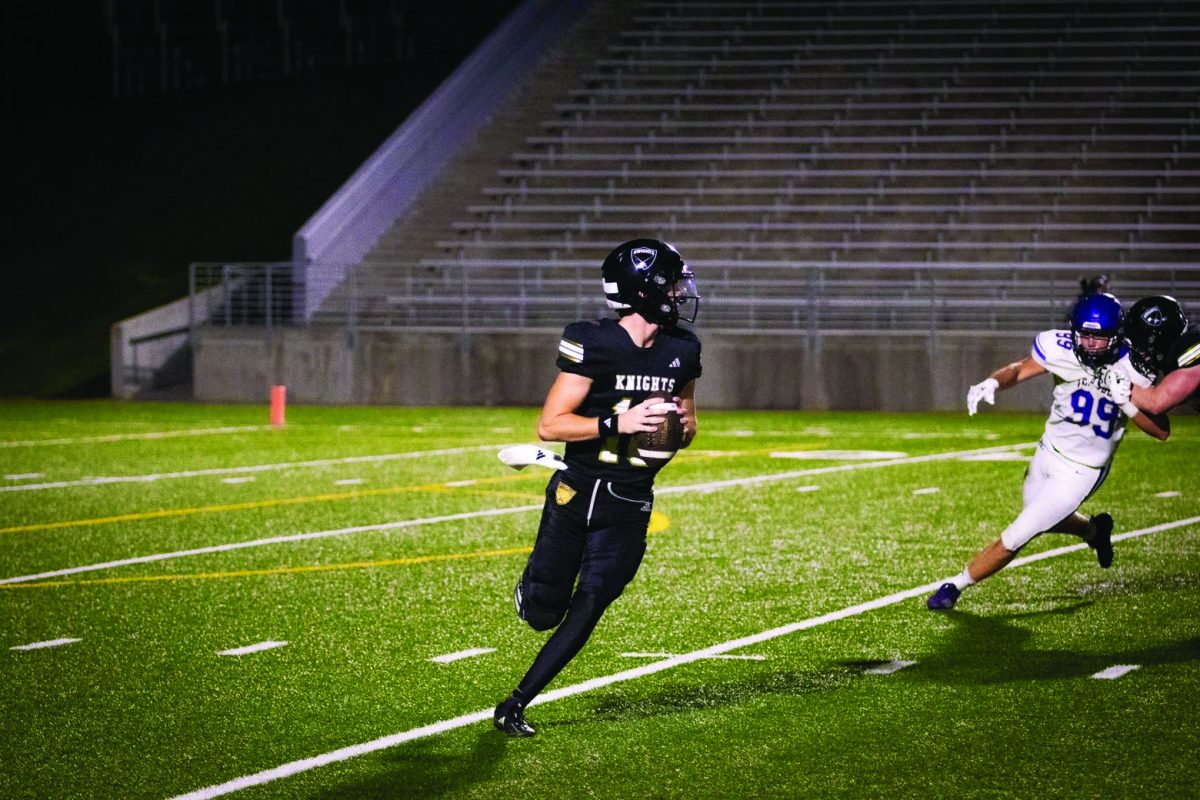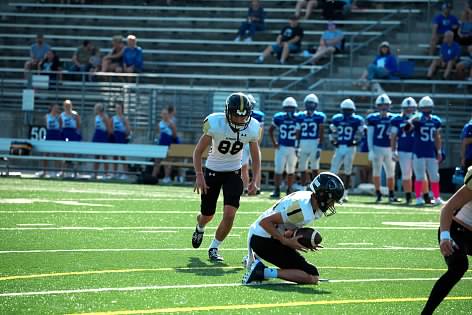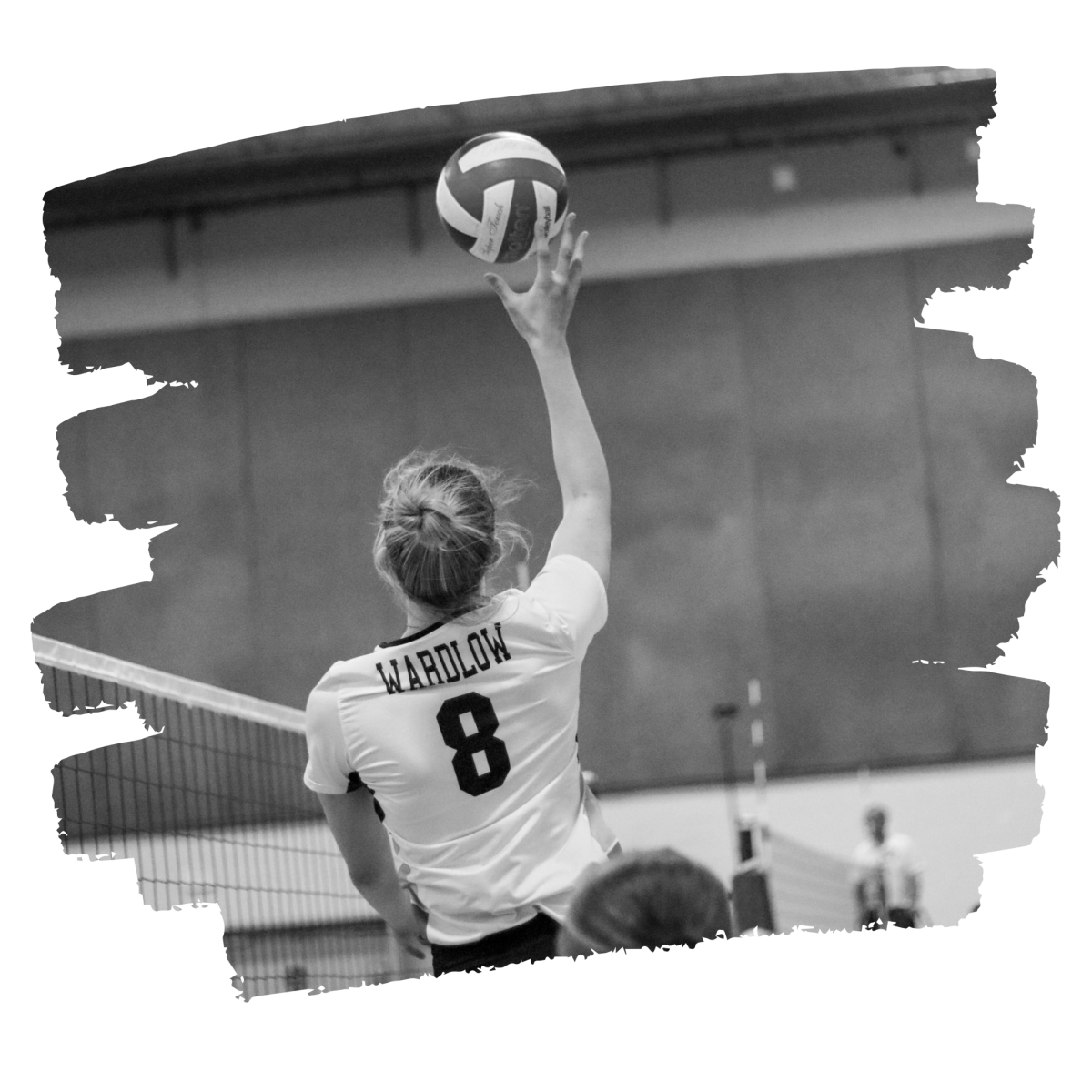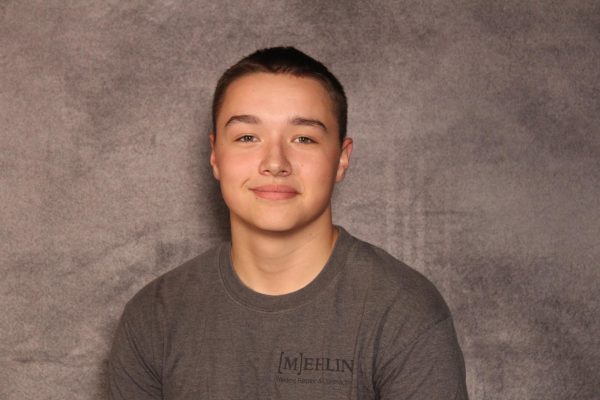ESPN’s Fantasy Football program, better known as Fantasy Football or just Fantasy, is a mixed social media and sports game platform where players can “draft” current National Football League (NFL) players onto a team of their own. They then earn points for their imaginary team as the players earn points in real time.
Oftentimes, Fantasy participants play in leagues with their friends and family, where people trade players, spark friendly rivalries and compete to be the best in their league. While there are a multitude of reasons that participants start and use a fantasy team, one of the most popular is the aspect of socialization.
What’s unique about this particular sports platform is that it offers a way for people to connect. For Fantasy participant and LSE senior, Hudson Harral, he participates because he enjoys the camaraderie it builds within a league.
“[Fantasy Football’s] certainly different with your friends, you’ve got that social aspect and you can talk about it more with them. It’s much more of a conversational thing.”
However, being able to meaningfully connect with friends and family is far from the only reason that the application (app) has become so popular in recent times. In order to be successful in Fantasy, advanced levels of sports knowledge are not necessarily required, making it accessible to a much wider audience.
ESPN’s app is wonderfully inclusive towards those who don’t know every detail about football and the NFL, and its platform provides ample opportunity for learning and growth.
LSE senior Talon Kinney, who has been in a Fantasy league since 2019, said he feels better informed about the game due to his participation in the league.
“I think that [Fantasy Football] increases my sports knowledge in a sense. Everyone knows the big name players, but of course you get the lesser known guys that pop up.”
With its many benefits, it’s easy to understand why everybody and their best friend plays or knows somebody that plays fantasy at LSE.
“A lot of people have these leagues,” Harral said. “I mean, it’s a very common way for friend groups to interact, so I hear about it in most places in school.”
It’s no wonder that nearly everybody has at least heard of Fantasy, if not participated in it.
“I definitely hear about it in the hallway. You know, even some faculty are involved. I know about 90 percent of the teachers I have [currently] at least talk about it,” Kinney said.
Not every aspect of Fantasy is straightforward, however. Anybody who’s participated in Fantasy for multiple seasons in a row, especially when in a league with friends, knows about the infamously brutal punishments associated with losing.
Punishments, ranging from retaking college admission tests, to running a “milk mile”, to staying overnight in an IHop, are another key part in completing the Fantasy Football experience.
Fantasy groups use punishments to encourage competitive play, bond over an unfortunate league victim and have one unfortunate person make the best out of a lacking situation.
ESPN’s Fantasy Football is a unique and inclusive experience, and it has become a cultural phenomena that reaches the hearts and minds of millions across the nation. “There is absolutely no downside. It’s just an easy, free way to connect with your friends,” Harral said.

